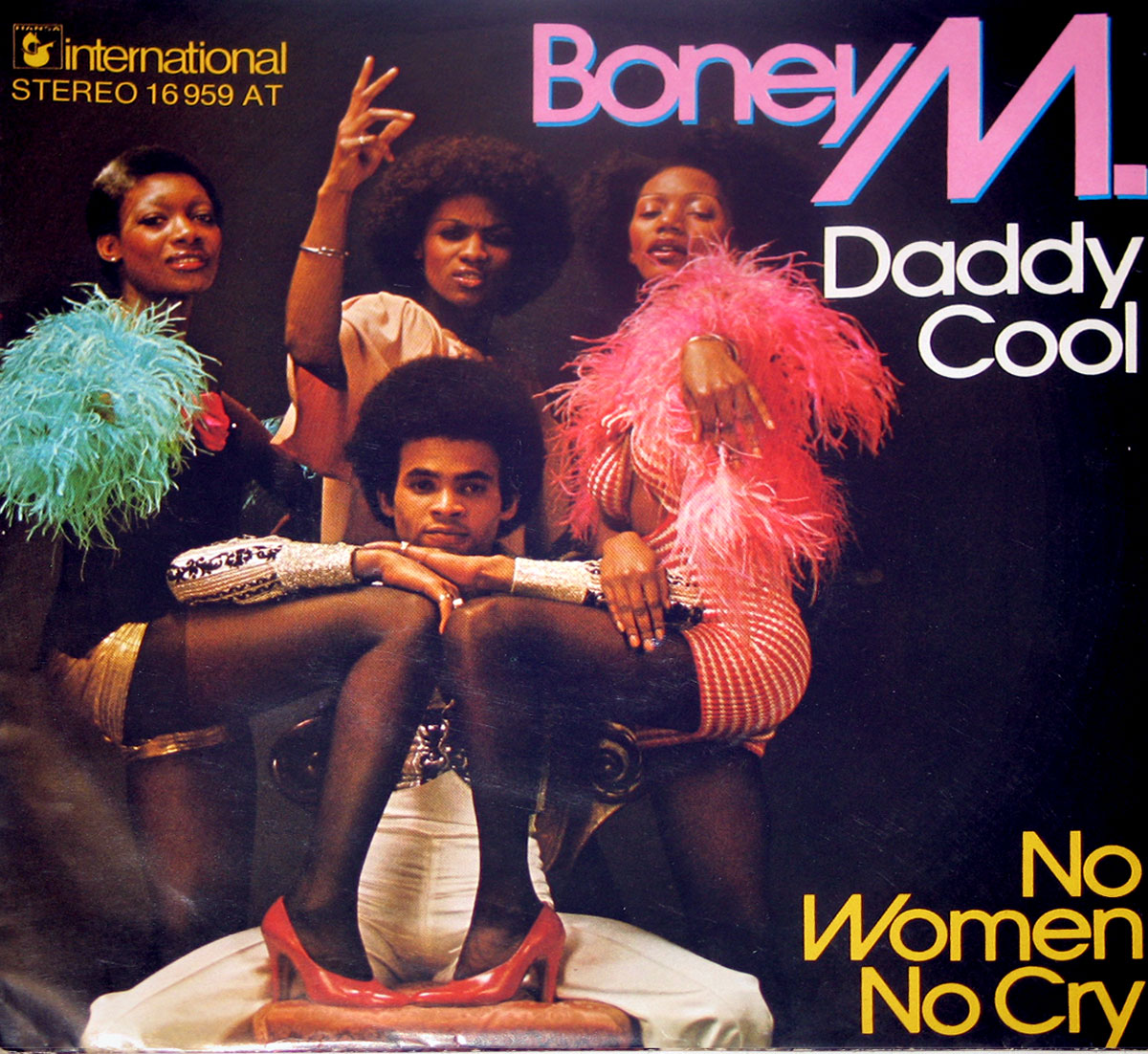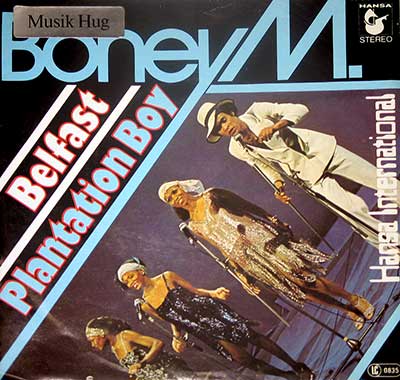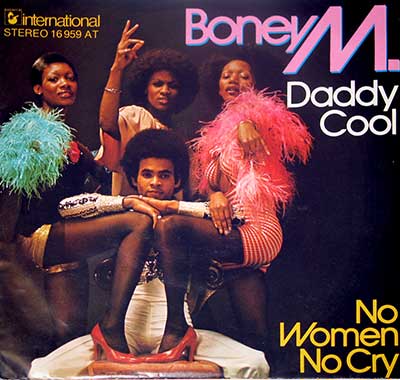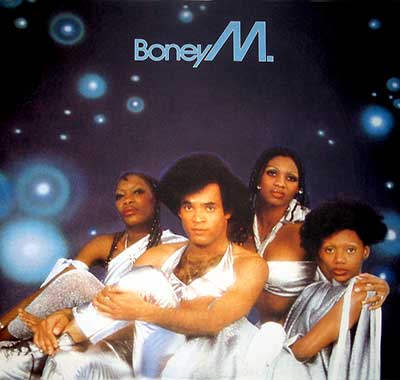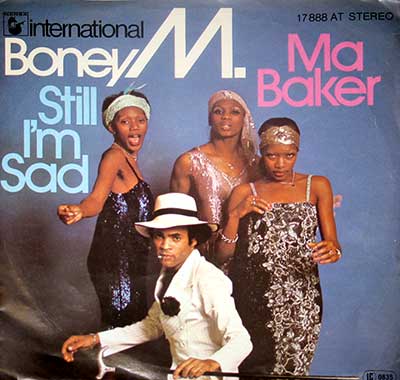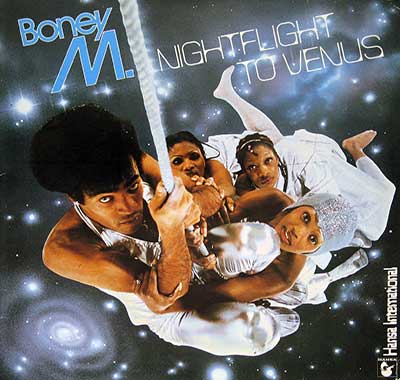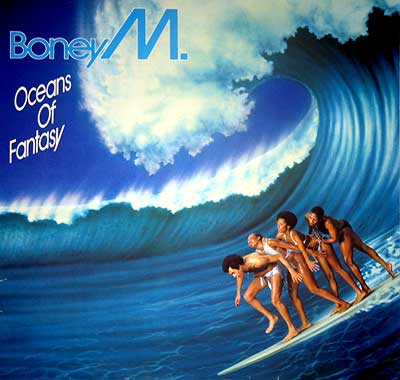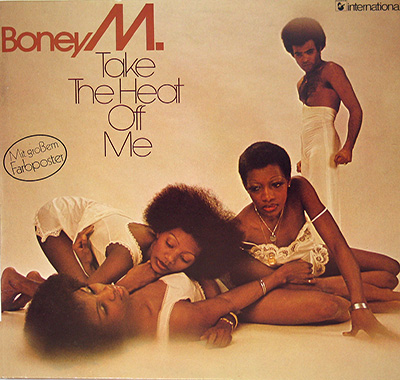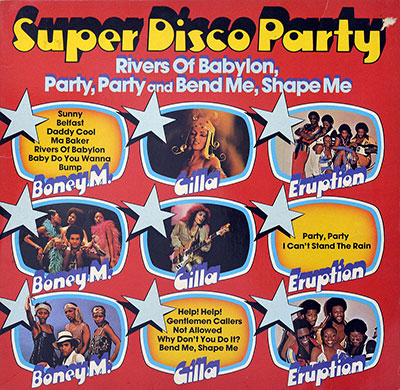Album Description: BONEY M. Daddy Cool / No Women no Cry
Boney M. – Daddy Cool / No Woman No Cry
The Rise of Eurodisco
In the mid-1970s, Europe was searching for its own answer to the soul and funk-driven disco sound emerging from the United States. Germany, in particular, became a surprising hub of innovation, where producers experimented with rhythms, hooks, and the spectacle of television performances. Out of this scene came Boney M., a vocal group shaped and guided by producer Frank Farian, whose knack for pop hooks and flair for presentation gave the band its instant recognizability.
A Breakthrough Single
Released in 1976, Daddy Cool was Boney M.Õs second single and initially struggled to gain momentum. But the groupÕs unforgettable appearance on the German TV show *Musikladen* transformed it into an international phenomenon. With its playful bassline, repetitive chant of ÒDaddy Cool,Ó and the striking stage presence of the singers, the track exemplified the emerging Eurodisco sound: polished, danceable, and unabashedly theatrical. It climbed to the top of the German charts, reached #6 in the UK, and even cracked the U.S. Billboard Hot 100.
The Other Side
The B-side, No Woman No Cry, reflected FarianÕs instinct for blending global influences into the groupÕs repertoire. Borrowing from Bob MarleyÕs soulful anthem, the choice showed both the versatility of Boney M. and the eraÕs increasing fascination with reggae and Caribbean sounds. This pairing of songsÑdisco innovation on one side, reggae reinterpretation on the otherÑcaptured the eclecticism of the decadeÕs pop music.
Behind the Scenes
At the helm was Frank Farian, a producer with an ear for the dramatic. Farian not only created the sound but also controlled much of the bandÕs trajectory, orchestrating their rise as a multimedia spectacle. His blend of production wizardry and marketing savvy made Boney M. more than a vocal groupÑthey became a brand of disco glamour. With the members performing vibrant choreography and FarianÕs studio techniques driving the records, the formula was unstoppable.
Historical Context
The release of Daddy Cool came at a pivotal moment. Disco was crossing borders, dominating nightclubs from New York to Paris, and television exposure could transform a single overnight. In this atmosphere, Boney M. emerged as a symbol of continental EuropeÕs embrace of the disco wave. The single not only launched their career but also set the stage for a run of chart-topping hits that defined the late 1970s.
